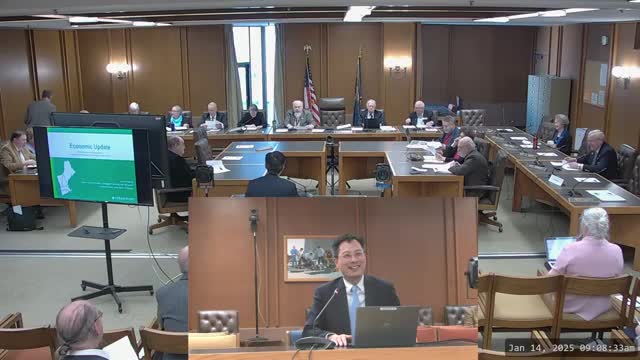Article not found
This article is no longer available. But don't worry—we've gathered other articles that discuss the same topic.
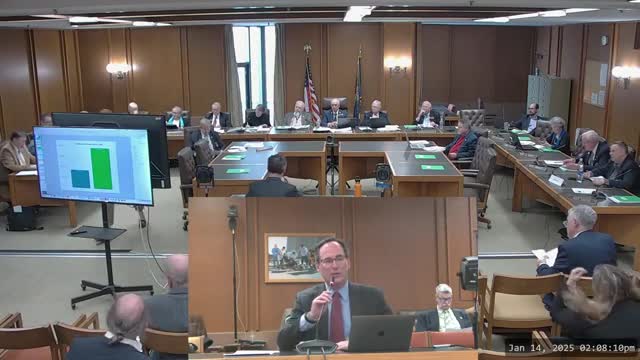
Bartlett Center urges market options in K–12: proponents say choice improves outcomes, critics warn of oversight needs
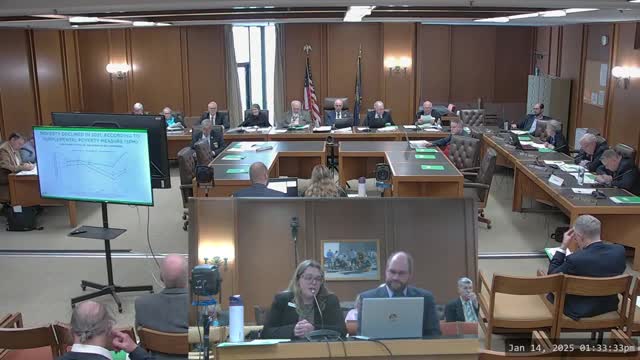
Fiscal Policy Institute: business tax receipts and one‑time interest gains drove recent surpluses; revenues softened in 2024
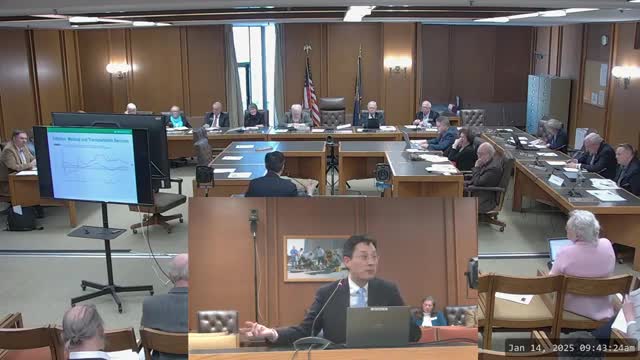
Business groups tell Ways and Means childcare shortages and demographics limit labor supply
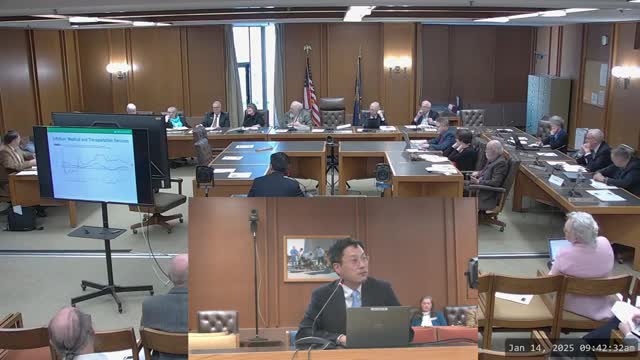
Speakers at Ways and Means say New Hampshire housing supply shortfall is driving price surge and workforce problems
